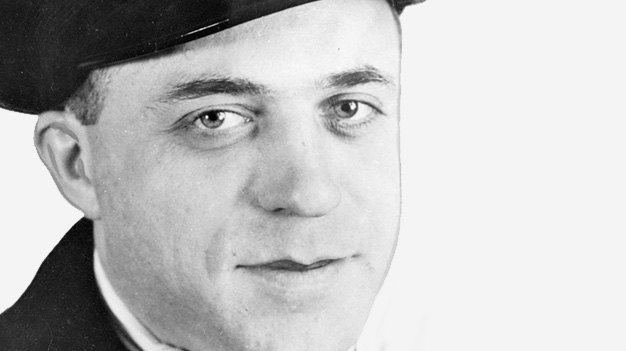Born in Montreal, J.S. Benning was hired by the Allied War Supplies Corporation (a Crown company) on the recommendation of his brother-in-law, Harold S. Gerson. Papers procured by Igor Gouzenko indicated that Benning had provided confidential documents directly to a member of the Soviet embassy. In accusing Benning of violating the Official Secrets Act, the espionage commission depended largely on section 3(2) of the act, which allowed a person to be found guilty on the basis of his or her character – in this instance, Benning’s political (communist) beliefs. Another section of the act stated that the burden of proof was on the accused. Found guilty at trial, Benning appealed his case, and both sections of the act came under heavy criticism by the appellate court. At his appeal hearing, the judge argued that, in creating the Official Secrets Act, the state had never intended to place the full burden of proof on the accused and that the Crown needed more direct evidence to sustain a conspiracy charge. Benning’s sentence was dismissed.
The espionage commission’s final report writes of Benning,
“This man, who was born in Montreal of parents born in Newfoundland, entered the employ of Allied War Supplies Corporation, a Crown Company, in June, 1942, taking an oath of secrecy on July 7th ‘not to divulge any knowledge or information obtained by me in the course of my employment to anyone not employed by this Corporation unless expressly authorized by my superior officers.’ Shortly thereafter he was transferred from Montreal to the Department of Munitions and Supply in Ottawa. Benning had been hired by Allied War Supplies Corporation on the recommendation of Harold S. Gerson, his brother-in-law, upon whom we are also reporting. His service with Allied War Supplies Corporation was for training purposes only. It was understood that he would shortly go to Ottawa.”
Further Reading
- Report of the Royal Commission to Investigate Facts Relating to and the Circumstances Surrounding the Communication, by Public Officials and Other Persons in Positions of Trust of Secret and Confidential Information to Agents of a Foreign Power. 1947.
- Knight, Amy. How the Cold War Began: The Gouzenko Affair and the Hunt for Soviet Spies. Toronto: McClelland and Stewart, 2005.
- Lambertson, Ross. Repression and Resistance: Canadian Human Rights Activists, 1930-1960. Toronto: University of Toronto Press, 2005.

